Dr. Joseph Ibrahim, Trauma Medical Director of Orlando Regional Medical Center, led the team in charge of treating victims of last June’s Pulse nightclub shooting. He brought the insight of this experience to the 2017 Mensa Foundation Colloquium, The Health Care of Catastrophes: Innovation Driven by Disaster, in Hollywood, Fla.
Marking the one-year anniversary of the country’s deadliest mass shooting, Dr. Ibrahim spoke with Mensa Bulletin Editor Chip Taulbee about that fateful day, how he’s coped with the tragedy, lessons learned, and more.
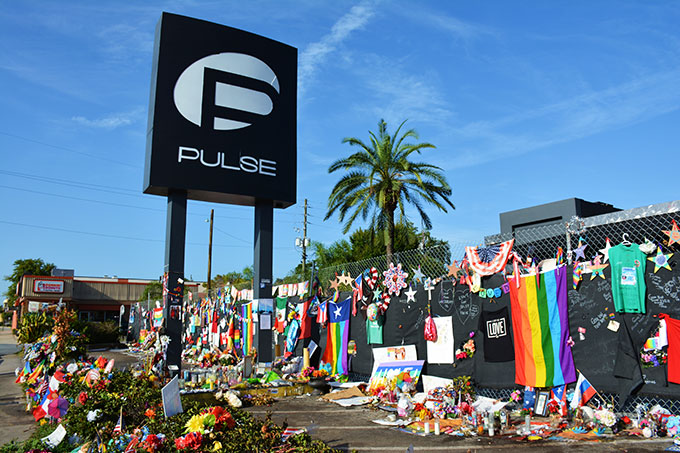
Chip Taulbee: When you reflect on your and your colleagues’ performance during that 36 hours of immediate response, are you able to think about any of it as a professional success?
Dr. Joseph Ibrahim: It definitely was a tragic situation. You look back at the ones you lost and try to make sure you did everything you could. That’s why I actually went through all of the reports with the medical examiner to see why the ones who we did lose, why did we lose them. As an organization and as the Trauma Medical Director and as just part of the community, we have to look at the overall. [The shooter’s] goal was to kill an additional 35 to 40 patients that we, as an organization and in the community, along with EMS, were able to prevent. Everybody should be somewhat satisfied with the performance in regard to that and look at it as somewhat of a success.
The next step is, where do we take it from here? What did we learn? Where do we go? As an organization, we’ve taken that next step to ask, how do we educate the community better? What is our role as a Level I trauma center, where we’re capable of providing total care for every aspect of an injury?
The American College of Surgeons has given us the layout for how to do that with different programs that help people provide first aid, not just for mass casualties, which is what everybody focuses on, but also day-to-day things we see living in a big area like central Florida. We see things like car crashes and motorcycle crashes and different incidents in which it would be beneficial if somebody was on hand and knew how to provide some simple first aid until the medical professionals could arrive. That’s where we have taken that whole experience to the next level.
You talk about the community learning from the catastrophe and fellow health care professionals learning from it. What did you learn from the event and response? What were your big takeaways?
From a medical standpoint, I can’t overemphasize the benefit of preparedness and practice. The more realistic you can make those things, the better you’re going to be — down to the level of how we deal with family members of such an event and how we prepare for them to being prepared for the adverse outcome. In a mass-casualty situation, we have to be able to say, “OK, I’ve done all I can for this patient; I need to move on to someone who has a chance for survival.”
In our daily work, we pull out all the stops because it’s typically one, two or three patients at a time that we’re dealing with at a busy trauma center. But to have 30-plus come in at once, much like a mass shooting or something you’d see in a military setting, you have to triage properly. We had to figure out how to train people for situations where they’re going to have to say, “OK, I’ve done all I can. I have to move on to the next person.” That’s not something that historically we’ve done very well.
From an emotional side of things, I think we learned the importance of having different professionals. We deal with this on a regular basis, and it’s not just us. You have all kinds of medical professionals that deal with horrific situations on a daily basis.
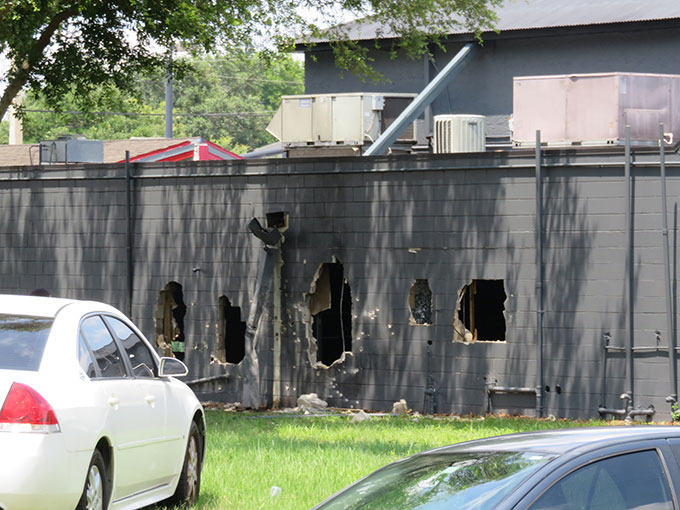
How were you affected, personally? How did your emotional response to the tragedy manifest itself, and how have you dealt with this?
Like most physicians and surgeons, you have to compartmentalize. You stuff it in a box and put it away and go about your work. You have other things you have to take care of, right? It really kind of hits you when you have that alone time. For me, it had been about a month, and when I noticed some effects it had on my family, that really made me have to stop and reevaluate things. So now I talk to a counselor fairly regularly just to make sure I’m dealing with things the way I should.
Amongst ourselves and our colleagues, there’s kind of that tough bravado, that, “I’m a trauma surgeon; I see horrific things on a daily basis; nothing phases me.” Well, maybe it does; you just didn’t realize it. Maybe it manifested itself in other ways. Maybe you can do yourself and your family and a lot of others a better service by figuring out how to deal with those emotions that come along with the things that we experience.
What kind of information have you shared with people who haven’t responded to a mass catastrophe like this that has resonated or you think has been of some value?
The biggest thing is drill. A lot of places do table-top drills. You sit down with a bunch of other department heads. It’s almost like a game. We all know playing life on a board game isn’t actually living life; it’s a lot different. I think emphasizing that you need to go through the motions and you need to take these as realistically as you can — that’s going to give you the best preparation. That’s probably number one.
Number two, just some tactical, real-life things that we just discussed. How do you work around it if the ER is shut down or on lockdown? What do you do for your blood bank? How do you make sure you’re communicating with your EMS and police at the scene? Those kind of things. Obviously, there was not much control of what was coming in that night. One of the best quotes I heard, one of the surgeons here who was actually not involved with the Pulse [response], he was talking about quality. He said, “You know when a crisis hits, you don’t rise to the level of your expectations, but you fall to the well of your training,” and I think he borrowed that from the military. I think that’s so true, and it resonated that night and continues to resonate through our multiple mini-mass casualties. It’s not unheard of for us to have multiple car crash victims, multiple shooting victims, things like that, on any given day anymore. I think the real message is to do your preparation. It doesn’t always have to be a mass shooting; it could be multiple other things, but you have to be prepared.
There are a couple of hot-button political issues tied to the Pulse story — immigration and guns. I’m curious how your opinions on these issues have colored your perspective on this tragedy and its aftermath.
I’m very much not very political at all. I just try to do my job and be nice to people and let things sort themselves out. But, to briefly touch on immigration, my dad was a legal immigrant to the country. With regard to that, I think, obviously I’m pro-immigration because if that weren’t possible I wouldn’t be able to be here. I see both sides. We live a very comfortable life in the United States with regard to feeling safe. It’s not like what we’ve just seen in the Middle East and other areas that are under constant threats. I definitely think there needs to be a process, but obviously I don’t think eliminating immigration is a good option.
With regard to guns, I grew up in Tennessee. Everyone had guns. If you look at the number of surgeons who have guns across the country, it’s about half or more who have guns. I think with what we’ve seen and the stance we’ve kind of taken on it, there’s no doubt there needs to be some education on gun violence. Gun violence continues to be a problem. Obviously something has to change. Too many people are getting access that maybe shouldn’t. But then again, how are they getting access? Are they even obtaining it legally? That’s a big question too. The main thing from that is just that we have to educate on being able to address the gun violence issue — not necessarily the gun, but the gun violence issue. Could we do more research to back up those numbers? That’s a big question that’s been present enough to this point and is hopefully trying to be answered now by different organizations.
So many articles written about you have noted that you are the son of an immigrant with an immigrant-sounding name. Are you uncomfortable that these takes have become part of the story?
I didn’t want that to overshadow obviously the tragic loss of the families, and I didn’t want it to overshadow the organizational response. Growing up in east Tennessee, I was always kind of concerned that my name was going to be a problem, but as I got older, it turned out that it wasn’t. I was very much welcomed.
In one of those articles I talked about a time when I was taking one of my sons to baseball camp, and as he walked in I noticed his shirt had our last name on it and wondered how people would react. I’m not Muslim, but my dad was. I’m Christian. It’s just such an unnecessary response sometimes, but it’s not just Muslim; you see it with everything. You see it with race, economic status; we see it with everything, and it’s so unnecessary. That’s part of the beauty of my job: People come in and they’re in a gown and I’m in scrubs, and other than me being a physician, no one really knows or really cares. It really doesn’t matter; we take care of the patient no matter what their background, what they’ve done — even if it’s a criminal, we still take care of them, and we get to strip all that away and treat humans like humans. And that’s what it’s supposed to be about, in the end.
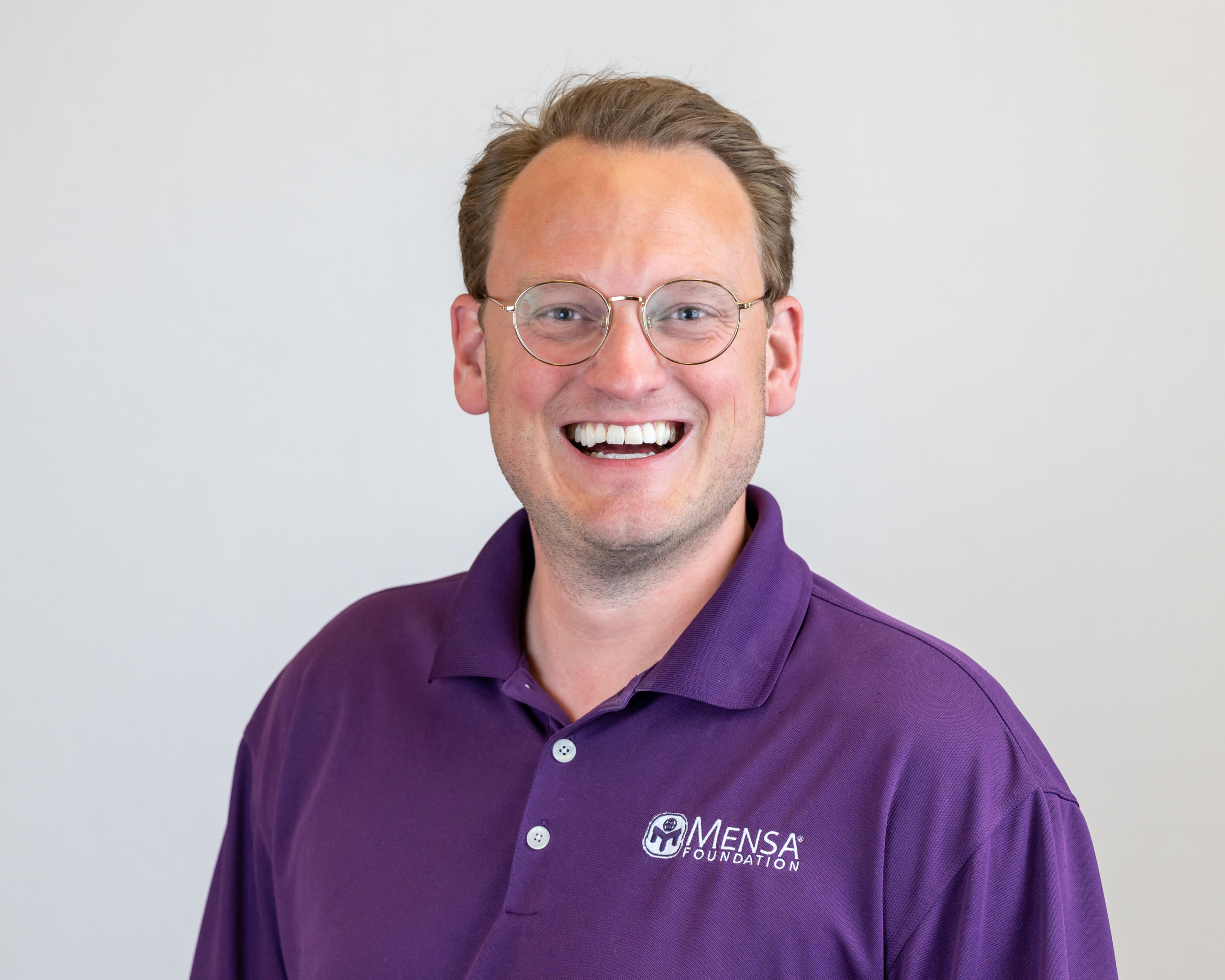
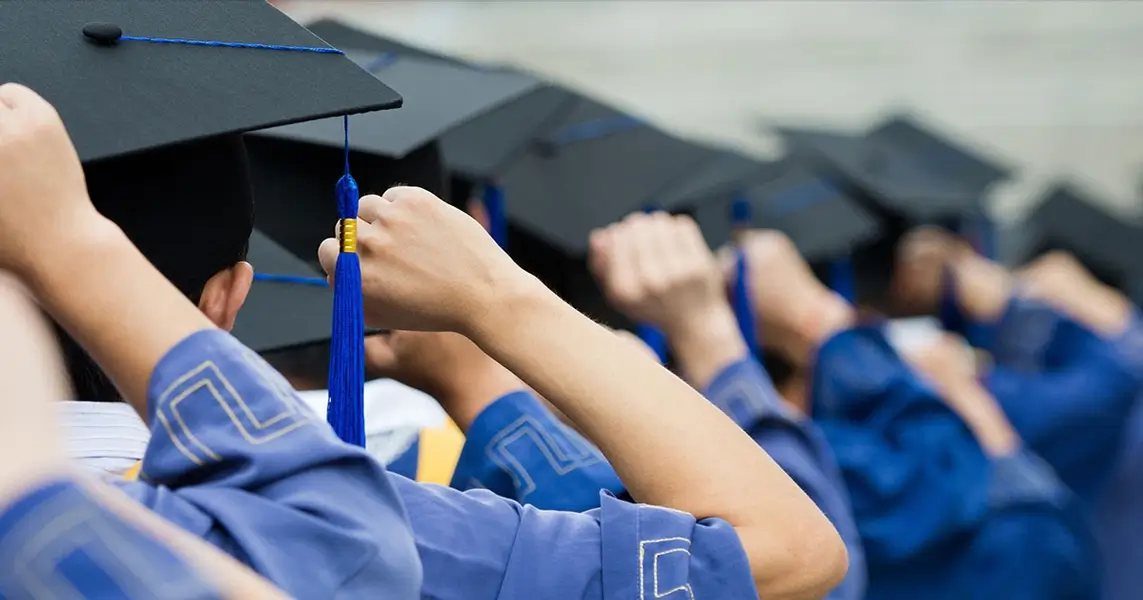
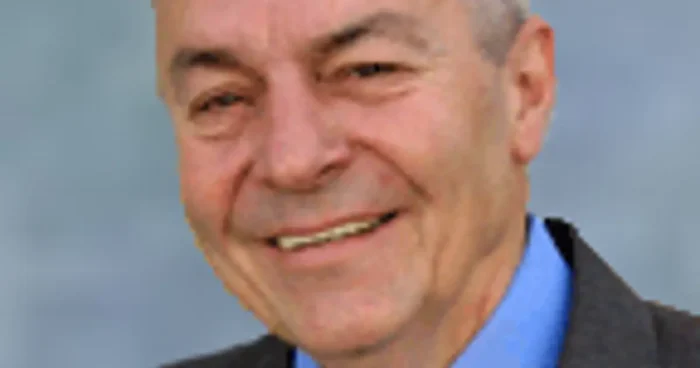
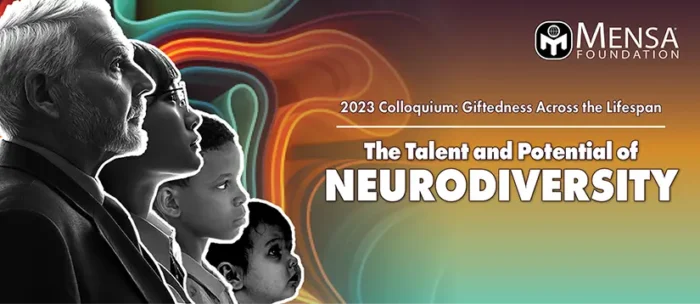
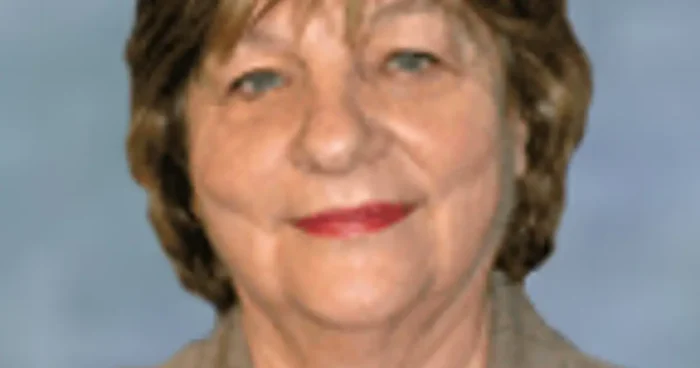





Comments (0)